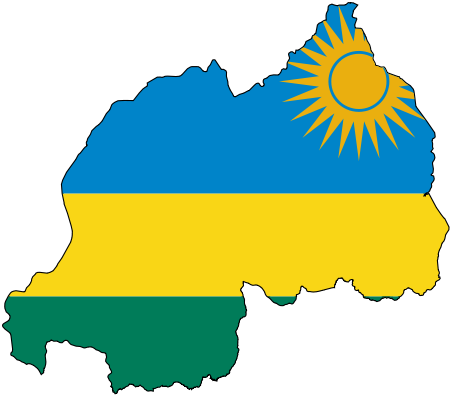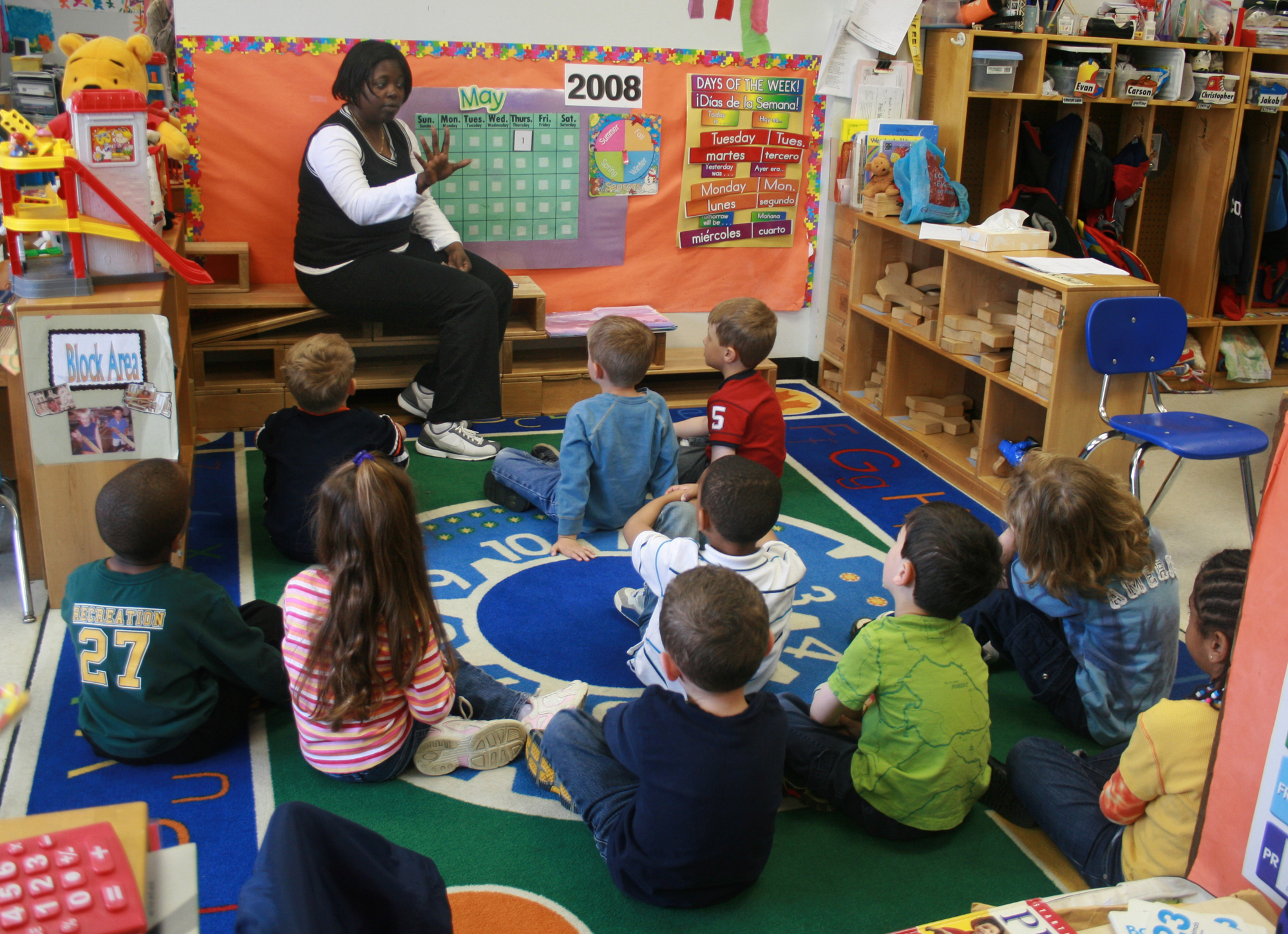Improving Undergraduate STEM Education: Education and Human Resources
The fields of science, technology, engineering, and mathematics (STEM) hold much promise as sectors of the economy where we can expect to see continuous vigorous growthin the coming decades.
STEM job creation is expected to outpace non-STEM job creation significantly, according to the Commerce Department, reflecting the importance of STEM knowledge to the US economy.
The National Science Foundation (NSF) plays a leadership role in developing and implementing efforts to enhance and improve STEM education in the United States.
Through the NSF Improving Undergraduate STEM Education (IUSE) initiative, the agency continues to make a substantial commitment to the highest caliber undergraduate STEM education through a Foundation-wide framework of investments.
The IUSE:
EHR is a core NSF STEM education program that seeks to promote novel, creative, and transformative approaches to generating and using new knowledge about STEM teaching and learning to improve STEM education for undergraduate students.
The program is open to application from all institutions of higher education and associated organizations.
NSF places high value on educating students to be leaders and innovators in emerging and rapidly changing STEM fields as well as educating a scientifically literate public.
In pursuit of this goal, IUSE:
EHR supports projects that seek to bring recent advances in STEM knowledge into undergraduate education, that adapt, improve, and incorporate evidence-based practices into STEM teaching and learning, and that lay the groundwork for institutional improvement in STEM education.
In addition to innovative work at the frontier of STEM education, this program also encourages replication of research studies at different types of institutions and with different student bodies to produce deeper knowledge about the effectiveness and transferability of findings.
IUSE:
EHR also seeks to support projects that have high potential for broader societal impacts, including improved diversity of students and instructors participating in STEM education, professional development for instructors to ensure adoption of new and effective pedagogical techniques that meet the changing needs of students, and projects that promote institutional partnerships for collaborative research and development.
IUSE:
EHR especially welcomes proposals that will pair well with the efforts of NSF INCLUDES (https://www.nsf.gov/news/special_reports/nsfincludes/index.jsp) to develop STEM talent from all sectors and groups in our society.
For all the above objectives, the National Science Foundation invests primarily in evidence-based and knowledge-generating approaches to understand and improve STEM learning and learning environments, improve the diversity of STEM students and majors, and prepare STEM majors for the workforce.
In addition to contributing to STEM education in the host institution(s), proposals should have the promise of adding more broadly to our understanding of effective teaching and learning practices.
The IUSE:
EHR program features two tracks:
(1) Engaged Student Learning and (2) Institutional and Community Transformation.
Several levels of scope, scale, and funding are available within each track, as summarized in Table 1. Table 1:
Overview of Engaged Student Learning and Institutional and Community Transformation tracks, levels, and deadlines Track Level Deadlines Engaged Student Learning Level 1:
up to $300,000 for up to three years February 4, 2020 August 4, 2020 1st Tuesday in February and August thereafter Level 2:
$300,001 - $600,000 for up to three years December 4, 2019 1st Tuesday in December thereafter Level 3:
$600,001 - $2 million for up to five years December 4, 2019 1st Tuesday in December thereafter Institutional and Community Transformation Capacity-Building:
$150K (single institution) or $300K (multiple institutions) for up to two years February 4, 2020 August 4, 2020 1st Tuesday in February and August thereafter Level 1:
up to $300,000 for up to three years February 4, 2020 August 4, 2020 1st Tuesday in February and August thereafter Level 2:
$300,001 - $2 million (single institution) or $3 million (multiple institutions and research centers) for up to five years December 4, 2019 1st Tuesday in December thereafter
STEM job creation is expected to outpace non-STEM job creation significantly, according to the Commerce Department, reflecting the importance of STEM knowledge to the US economy.
The National Science Foundation (NSF) plays a leadership role in developing and implementing efforts to enhance and improve STEM education in the United States.
Through the NSF Improving Undergraduate STEM Education (IUSE) initiative, the agency continues to make a substantial commitment to the highest caliber undergraduate STEM education through a Foundation-wide framework of investments.
The IUSE:
EHR is a core NSF STEM education program that seeks to promote novel, creative, and transformative approaches to generating and using new knowledge about STEM teaching and learning to improve STEM education for undergraduate students.
The program is open to application from all institutions of higher education and associated organizations.
NSF places high value on educating students to be leaders and innovators in emerging and rapidly changing STEM fields as well as educating a scientifically literate public.
In pursuit of this goal, IUSE:
EHR supports projects that seek to bring recent advances in STEM knowledge into undergraduate education, that adapt, improve, and incorporate evidence-based practices into STEM teaching and learning, and that lay the groundwork for institutional improvement in STEM education.
In addition to innovative work at the frontier of STEM education, this program also encourages replication of research studies at different types of institutions and with different student bodies to produce deeper knowledge about the effectiveness and transferability of findings.
IUSE:
EHR also seeks to support projects that have high potential for broader societal impacts, including improved diversity of students and instructors participating in STEM education, professional development for instructors to ensure adoption of new and effective pedagogical techniques that meet the changing needs of students, and projects that promote institutional partnerships for collaborative research and development.
IUSE:
EHR especially welcomes proposals that will pair well with the efforts of NSF INCLUDES (https://www.nsf.gov/news/special_reports/nsfincludes/index.jsp) to develop STEM talent from all sectors and groups in our society.
For all the above objectives, the National Science Foundation invests primarily in evidence-based and knowledge-generating approaches to understand and improve STEM learning and learning environments, improve the diversity of STEM students and majors, and prepare STEM majors for the workforce.
In addition to contributing to STEM education in the host institution(s), proposals should have the promise of adding more broadly to our understanding of effective teaching and learning practices.
The IUSE:
EHR program features two tracks:
(1) Engaged Student Learning and (2) Institutional and Community Transformation.
Several levels of scope, scale, and funding are available within each track, as summarized in Table 1. Table 1:
Overview of Engaged Student Learning and Institutional and Community Transformation tracks, levels, and deadlines Track Level Deadlines Engaged Student Learning Level 1:
up to $300,000 for up to three years February 4, 2020 August 4, 2020 1st Tuesday in February and August thereafter Level 2:
$300,001 - $600,000 for up to three years December 4, 2019 1st Tuesday in December thereafter Level 3:
$600,001 - $2 million for up to five years December 4, 2019 1st Tuesday in December thereafter Institutional and Community Transformation Capacity-Building:
$150K (single institution) or $300K (multiple institutions) for up to two years February 4, 2020 August 4, 2020 1st Tuesday in February and August thereafter Level 1:
up to $300,000 for up to three years February 4, 2020 August 4, 2020 1st Tuesday in February and August thereafter Level 2:
$300,001 - $2 million (single institution) or $3 million (multiple institutions and research centers) for up to five years December 4, 2019 1st Tuesday in December thereafter
Agency: National Science Foundation
Office: National Science Foundation
Estimated Funding: $63,000,000
Office: National Science Foundation
Estimated Funding: $63,000,000
Relevant Nonprofit Program Categories
Obtain Full Opportunity Text:
NSF Publication 19-601
Additional Information of Eligibility:
*Who May Submit Proposals: Proposals may only be submitted by the following: -Non-profit, non-academic organizations: Independent museums, observatories, research labs, professional societies and similar organizations in the U. S. associated with educational or research activities.
-Institutions of Higher Education (IHEs) - Two- and four-year IHEs (including community colleges) accredited in, and having a campus located in the US, acting on behalf of their faculty members.Special Instructions for International Branch Campuses of US IHEs: If the proposal includes funding to be provided to an international branch campus of a US institution of higher education (including through use of subawards and consultant arrangements), the proposer must explain the benefit(s) to the project of performance at the international branch campus, and justify why the project activities cannot be performed at the US campus.
Full Opportunity Web Address:
http://www.nsf.gov/publications/pub_summ.jsp?ods_key=nsf19601
Contact:
Agency Email Description:
If you have any problems linking to this funding announcement, please contact
Agency Email:
Date Posted:
2019-09-07
Application Due Date:
Archive Date:
2023-08-31
Social Entrepreneurship
Spotlight
Rwanda as Social Entrepreneur Fund Beneficiary

The Republic of Rwanda has been picked as one of the six African countries as beneficiaries for a new fellowship fund program designed at supporting social entrepreneurs in tackling issues on food security.

